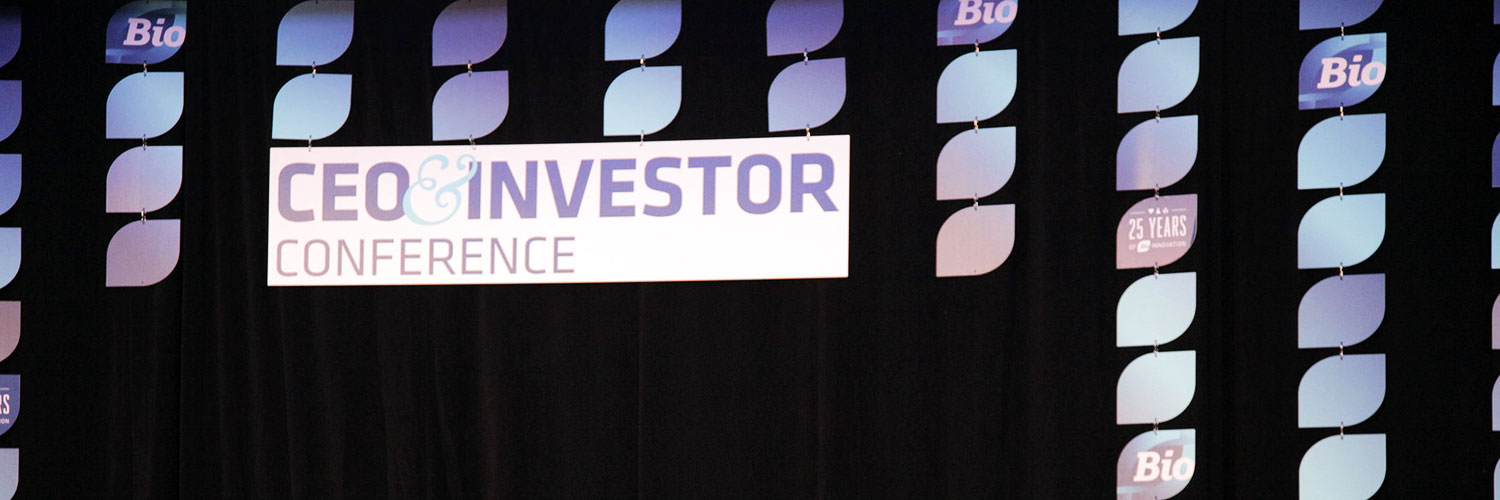
BIOtech Now
Daniel Seaton

Opioid addiction is plaguing communities across the country, leaving in its wake countless victims, devastated families and economic ruin. Long-term solutions to combating this crisis will depend upon biomedical innovation and the development of novel and safer, next generation therapies to treat both pain and addiction.
Exploring the challenges involved in this space was a lively panel session on day two of the 2018 BIO CEO and Investor Forum. Moderated by Michael Detke, MD, PhD, Chief Medical Officer, Embera NeuroTherapeutics, Inc., the panelists included:
- Roger Crystal, MD, Chief Executive Officer, Opiant
- Brandon Folkes, Director, Specialty Pharmaceuticals Analyst, Cantor Fitzgerald
- Lucy Lu, MD, President and CEO, Avenue Therapeutics
- Corey McCann, MD, PhD, Founder and Chief Executive Officer, Pear Therapeutics
- Robert Radie, President and Chief Executive Officer, Egalet Corporation
- Peter Strumph, President and Chief Executive Officer, Amygdala Neurosciences Inc.
BIO’s Dave Thomas introduced the panel with an overview of the BIO Industry Analysis team’s new report on the state of innovation for pain and addiction treatments. While many promising treatment approaches are in development, lower investment and pipeline breadth in pain and addiction relative to other disease areas with high societal health burdens demonstrates the need for incentivizing more research and clinical development in these areas.
Egalet’s Robert Radie noted that regulatory uncertainty is one major barrier to innovation: “It starts with the fact that the regulatory path for approvals for pain products is complex and the trial design and the endpoints have moved over time… I think there’s still a lot of uncertainty around what it takes to move a product through the regulatory process and through approval, and when there’s uncertainty out there… it tends to push people away. People all want clearer paths.”
Avenue Therapeutics’ Rachel Lu echoed that these challenges remain even in the relatively lighter lift of securing FDA approval for a new indication of an existing drug with which the Agency is already well familiar. “Overall the pro is that we know what we have to do, because there are many other examples of drugs that are approved in the post-operative pain space. I find in our process working with FDA very constructive. I think they are very good at what they do. But in general, I won’t lie – drug development is a hard business. So even though this is a study where all of our advisors say, ‘it will work, it will work,’ every day I’m wondering if it will work. Because it’s just a tough business.”
Radie also identified reimbursement challenges as a barrier to innovation: “This is a highly genericized market. Payers are resistant to pay for innovation in this space. Aspirin is cheap. Morphine is cheap. They’ve been around for a long time. I think there is a resistance from payers to want to reimburse or put novel, innovative therapies in a position where physicians can use them without having to go through multiple steps – prior authorizations, fail-first, etc…”
The result? “You don’t see great examples of products that are being commercialized and being successful and you also have this uncertain regulatory path – I think the combination of those things has pushed people away over the past 20 years,” said Radie.
Recognizing the need to spur greater investment for pain and addiction treatments, last November BIO put forward a plan to unleash the power of innovation to develop solutions to prescription opioid abuse and addiction.
We believe this plan should rest on three legs.
- Advance our understanding of the biology of pain and addiction to enable the development of innovative treatments for pain and addiction and ensure appropriate and optimal use of existing therapies
- Ensure patients suffering from pain or addiction are able to receive the right treatment at the right time with the right support, without stigma
- Stimulate research & development (R&D) of innovative treatments that effectively treat pain and opioid addiction and prevent abuse
The full document may be viewed here. For more coverage of the 2018 BIO CEO & Investor Conference, please visit http://www.biotech-now.org/tag/2018-bio-ceo-investor-conference
Powered by WPeMatico

